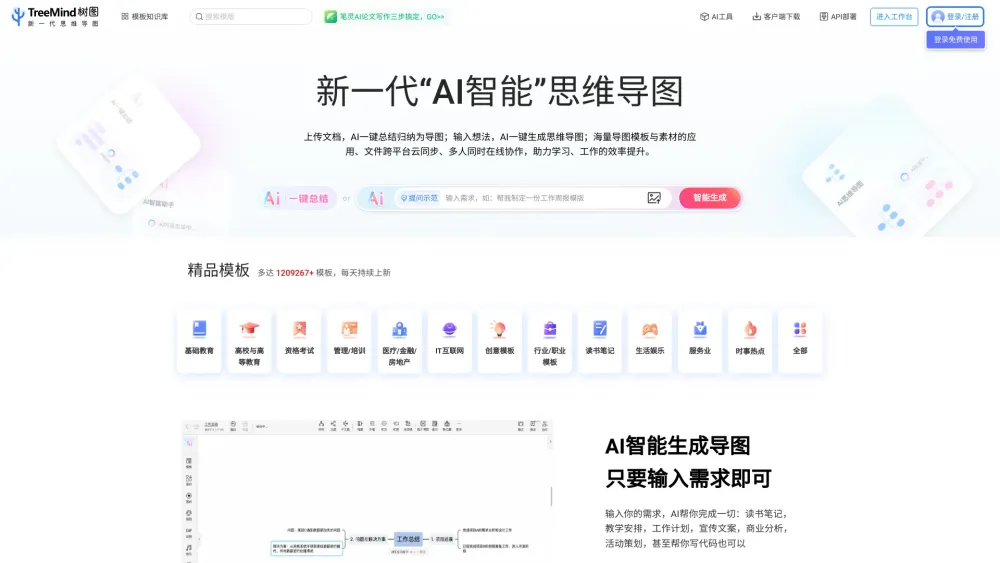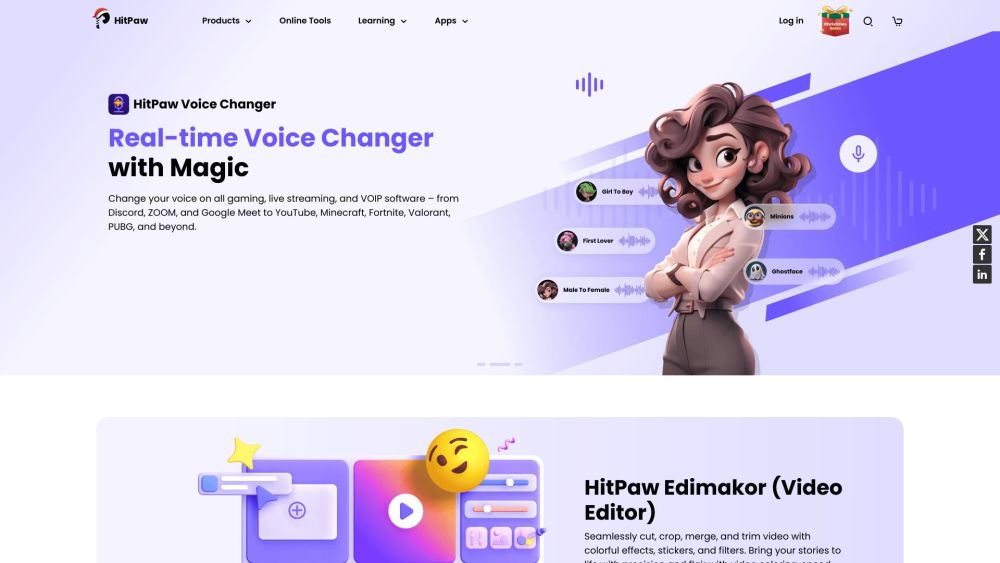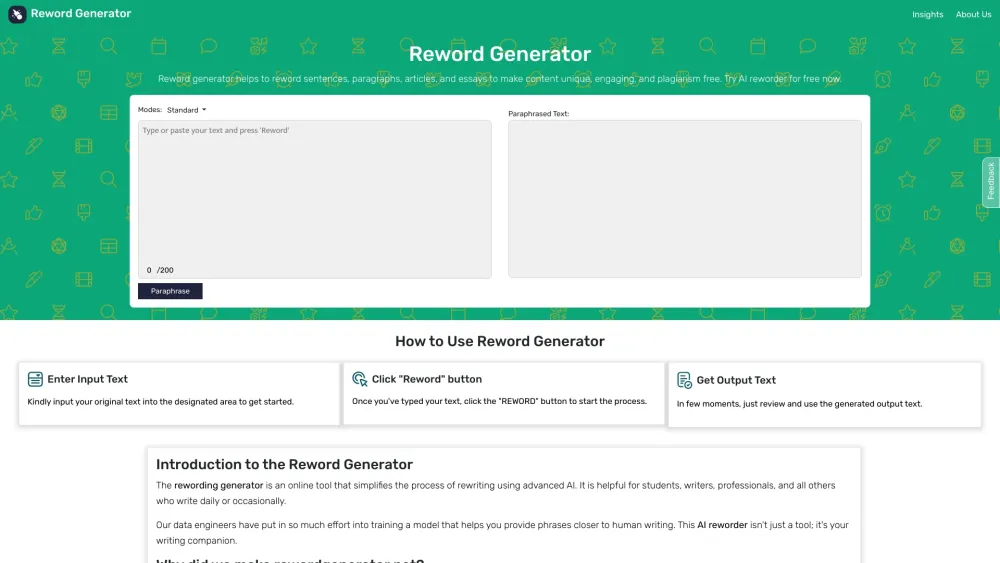The race for large AI models has officially reached the consumer market. On May 30, China unveiled its first consumer-focused large model, Wenxin Yiyan, which received a significant upgrade. Tencent also launched its large model app, Tencent Yuanbao, intensifying competition in AI accessibility following its prior web and mini program offerings.
As ChatGPT sparked the AI revolution, Chinese firms quickly sought local alternatives. Tencent initially lagged in the "hundred-model battle," particularly in C-end applications where its presence was minimal. However, the introduction of the Hunyuan model in September marked a turning point, with Tencent focusing on integrating these capabilities into its business strategies.
Despite entering the market later, Liu Yuhong, head of Tencent’s Hunyuan project, observes that with 1.2 billion internet users in China, AI applications related to large models have a penetration rate of less than 1%. He argues that competitors' early advantages may not be as formidable as they seem. For Tencent, Yuanbao isn’t just to compete with AI assistants like Wenxin Yiyan and Kimi; it’s designed to enhance its comprehensive ecosystem, which includes WeChat, QQ, and Tencent Cloud, facilitating data sharing and collaborative business efforts.
Familiar Territory for Tencent
While Tencent prioritizes industry applications, it has also been gradually integrating Hunyuan's capabilities into consumer markets—its core strength. Before Yuanbao’s debut, Hunyuan capabilities were already embedded in various Tencent platforms, spanning over 600 business scenarios. Tools such as WeChat, QQ, Tencent Ads, Tencent Docs, and Tencent Meetings have all benefitted from intelligent upgrades. Currently, Hunyuan is invoked over 200 million times daily within Tencent, with nearly 25% of code generated by AI.
Yuanbao serves as a centralized platform for showcasing Hunyuan's features aimed at consumers and is expected to develop into a comprehensive AI assistant. Following its launch, many major Chinese tech companies have entered the large model app sector, establishing it as a distinct product category. Leading products such as Wenxin Yiyan, Doubao, and Kimi boast tens of millions of monthly active users. Wenxin Yiyan surpassed 200 million users since its March 2022 launch, while Doubao, heavily advertised on Douyin, has received over 100 million downloads, with 26 million active users as of May.
Tencent acknowledges the competitive edge held by first movers in C-end applications but recognizes that its current market penetration is limited, with no standout "super app" yet. However, it believes the time gap behind Wenxin Yiyan, Kimi, and Doubao does not yield a significant disparity. Tencent's extensive product ecosystem and the well-developed Hunyuan model cater to specific needs across diverse sectors.
Data indicates that over 65% of large-model product usage focuses on enhancing work and study efficiency. Accordingly, Yuanbao targets three primary needs: information retrieval, processing, and production, delving into AI search, summarization, and writing capabilities.
Upon entering Yuanbao, users will encounter two tabs: "Yuanbao" for AI search and "Discover" for various AI applications and agents. Tencent encourages both developers and users to create intelligent agents, embracing a collaborative approach in the expanding C-end application space.
Intelligent agents introduce personalized features and enhance AI functionality through autonomous problem-solving using large language models. Tencent focuses on foundational technology improvements, scaling the Hunyuan model from billions to trillions of parameters and employing a mixture of experts model (MoE), boosting overall performance by over 50%.
Yuanbao embodies Tencent’s first native application of the Hunyuan model, designed to provide a seamless consumer experience, albeit with vaguely defined boundaries. Through Yuanbao, users can access unique content from WeChat official accounts not available on other large model platforms.
Yuanbao incorporates AI search functions that harness search engines like WeChat Search, enhancing retrieval efficiency for knowledge-based queries with authoritative sources. By integrating various Tencent offerings—including WeChat official accounts and mini programs—Yuanbao acts as a critical connector in Tencent’s ecosystem.
International interest in Yuanbao has peaked, especially after Microsoft integrated GPT into its search engine, New Bing, challenging Google's long-standing supremacy. Similarly, other Chinese companies like Kunlun Wanwei and Baidu are evolving their AI search capabilities.
Looking forward, Liu emphasizes that advancing AI search will be a central focus for Yuanbao, leveraging Tencent’s ecosystem. Despite numerous internal products enhanced by large models, Tencent chose to launch Yuanbao as a standalone app, implementing a free model to align with current trends in C-end internet applications.
Recently, a wave of price reductions among Chinese large model vendors aims to attract users in this fiercely competitive landscape. However, companies will need to manage computation demands carefully. For instance, Kimi, a smart assistant from Yuzhi Anmian, is trialing a tipping feature for prioritized access.
In summary, the arrival of large model apps signifies a new competitive frontier in the tech realm, as stakeholders anticipate which entity will emerge as the dominant super app in the AI era.





